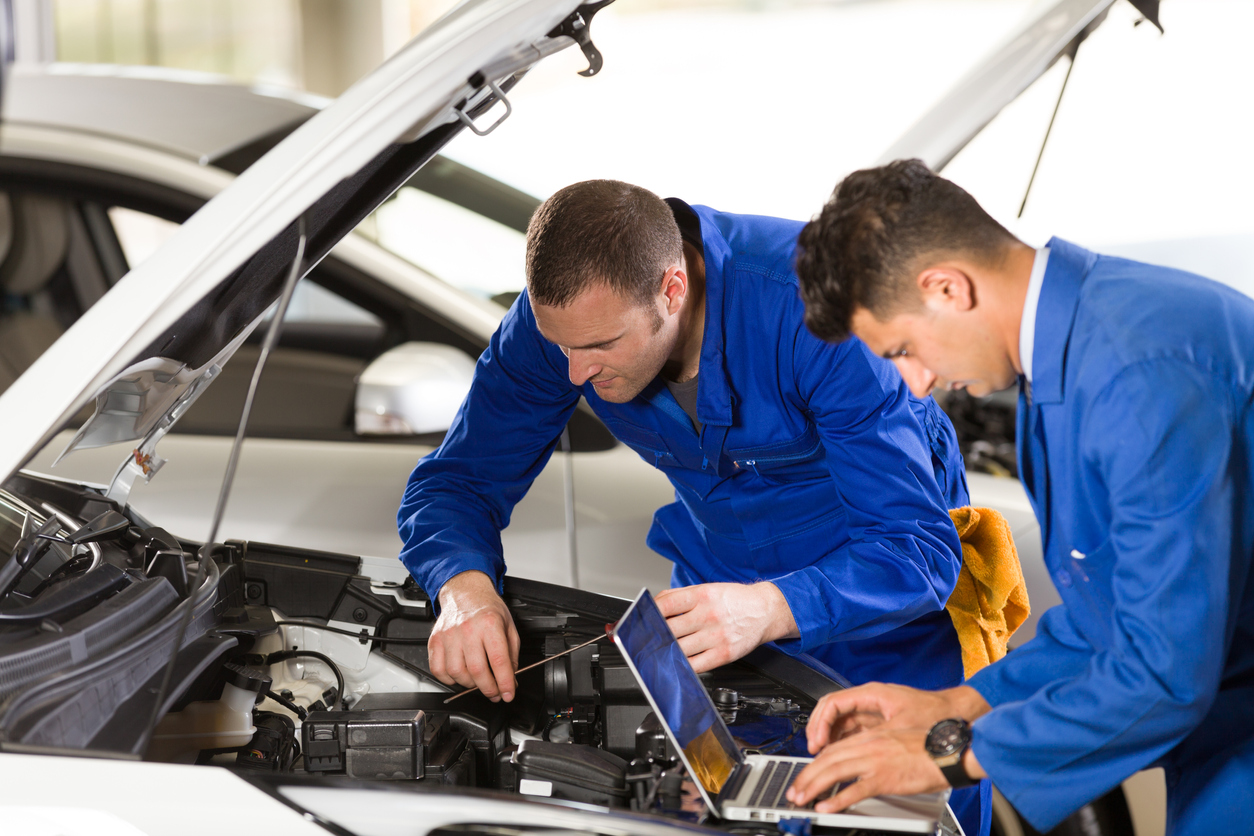All Categories
Featured
Your lorry's brakes are one of the most critical components in guaranteeing your safety and the safety and security of others when driving. Normal brake evaluations are crucial to keeping optimal braking performance and staying clear of pricey repair work. Whether you're an experienced vehicle proprietor or a new chauffeur, recognizing brake examination guidelines can assist you stay proactive about maintenance and guarantee your car is constantly roadworthy.
- Why Brake Inspections Issue. Brakes undergo continuous wear and tear. The more you drive, the extra friction your brake pads sustain, ultimately bring about lowered braking performance. Without appropriate assessment, it's tough to gauge when your brakes may be in demand of repair work. Routine brake checks aid determine problems early, avoiding possible failures that might put you in jeopardy.
A well-kept brake system makes sure fast, responsive stopping power, particularly in emergency situations. It likewise assists expand the life of your vehicle, as overlooking brake upkeep can result in a lot more serious, expensive troubles later.
- Indications You Required a Brake Inspection. While it's essential to have your brakes inspected occasionally, specific indicators might show that they require focus. Maintain an eye (and ear) out for these caution signals:
Squeaking or Grinding Sounds: Uncommon sounds, particularly a piercing squeal or grinding sound, typically mean that your brake pads are used down. Vibration or Pulsation: If you really feel resonances or a pulsing feeling when pressing the brake pedal, it could be a sign of distorted blades or uneven brake pad wear. Decreased Brake Responsiveness: If your brakes feel much less receptive or you need to push the pedal harder to reduce down, it might indicate air in the brake lines or reduced brake fluid. Drawing away: If your lorry draws to one side when braking, it might mean uneven brake pad wear or a brake liquid leakage. Dashboard Caution Lights: Some automobiles have brake-related caution lights that show problems like reduced brake fluid or worn brake parts. If you see any one of these signs, it's crucial to have a specialist mechanic carry out a brake inspection immediately.

- What Takes place During a Brake Examination? Throughout a brake evaluation, a technician will certainly inspect several essential parts of the stopping system to guarantee every little thing remains in functioning order. Right here's what you can expect throughout the procedure:
Brake Pads and Shoes: The technician will certainly check the density of the brake pads or shoes. If they're as well thin, they'll require to be replaced. Brake Rotors: Blades are the discs that the brake pads press against to slow your vehicle down. They'll be looked for any kind of indications of wear, racking up, or warping. Brake Fluid: Low or infected brake fluid can harm braking efficiency. The professional will certainly inspect the liquid level and quality and top it up or purge it if required. Brake Lines and Pipes: Brake lines bring liquid from the master cylinder to the brakes. The technician will examine for any kind of leaks, cracks, or damages to make sure correct liquid flow. Brake Calipers and Wheel Cyndrical Tubes: Calipers and wheel cyndrical tubes push the brake pads against the blades or drums. The technician will certainly check for wear, leakages, and appropriate procedure. 4. Exactly how Commonly Should You Have Your Brakes Inspected? The frequency of brake assessments relies on elements like your driving behaviors, the kind of lorry you drive, and the atmosphere in which you drive. As a general guideline, it's a great concept to have your brakes inspected every 12,000 miles or once a year. Nonetheless, if you experience any of the indication stated previously, it is essential to obtain your brakes inspected immediately.
For those that often drive in rush hour, mountainous surface, or extreme weather conditions, more frequent assessments might be needed.
- Relevance of Timely Brake Repairs. When you identify a trouble with your brakes, it's vital to resolve it right now. Delaying brake fixings can result in even more considerable damages to your stopping system, causing greater repair costs. In severe cases, disregarding brake problems can result in complete brake failing, which is a serious security threat.
By remaining on top of brake upkeep and attending to problems quickly, you make sure that your brakes remain to perform as planned, keeping you and your guests secure on the roadway.
Conclusion: Maintain Your Brakes in Leading Shape. Brake assessments are a basic yet essential part of lorry upkeep. By recognizing the importance of routine inspections, recognizing the signs of brake concerns, and remaining proactive with fixings, you can ensure your automobile's braking system continues to be in optimum problem.
Latest Posts
Secure Your Financial Investment with Specialist Gutter Installment
Learn How to Reduce Expenses on Car Maintenance with Montclare Auto Repair’s Limited-Time Deals
Identifying When Your Car Needs Skilled Vehicle Service at Montclare Auto Repair
More
Latest Posts
Secure Your Financial Investment with Specialist Gutter Installment
Learn How to Reduce Expenses on Car Maintenance with Montclare Auto Repair’s Limited-Time Deals
Identifying When Your Car Needs Skilled Vehicle Service at Montclare Auto Repair
